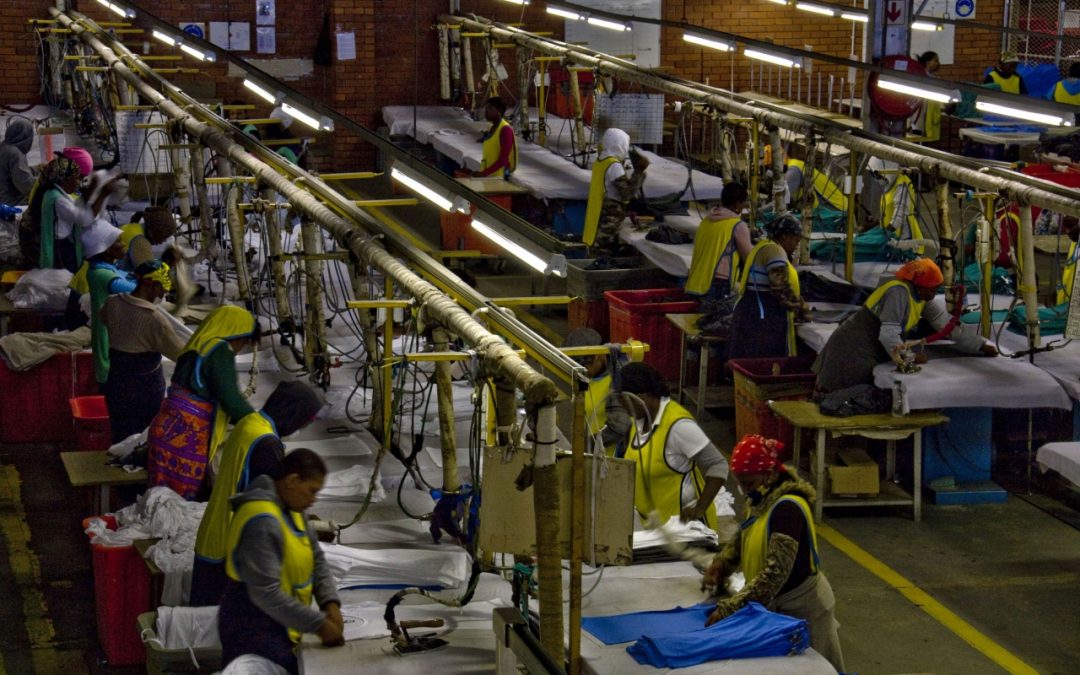A survey by Kenya Private Sector Alliance (Kepsa) has revealed manufacturing, tourism, service sector, agriculture, construction and the retail sectors are the most affected by the coronavirus outbreak.
Kenyan businesses have reported marginal revenue losses as a result of production slowdown and disruption of supply chains due to the outbreak of the virus in China where Kenya imports intermediate and capital goods.
The survey where 127 businesses drawn from 17 sectors of the economy participated , indicates about 61{d59e984f9fbc5c09e4ab0305e27bfa5819922b7230cd324f89a660f78358ca33} of businesses felt effect of Covid-19 on their businesses while 84{d59e984f9fbc5c09e4ab0305e27bfa5819922b7230cd324f89a660f78358ca33} of businesses experienced very low to moderate impact of Covid-19 on their activities.
The Kepsa poll which was officially released on Tuesday indicates that 82{d59e984f9fbc5c09e4ab0305e27bfa5819922b7230cd324f89a660f78358ca33} of businesses reported losses of less than KES 5million and 61{d59e984f9fbc5c09e4ab0305e27bfa5819922b7230cd324f89a660f78358ca33} reported losses of less than 1Million
According to the Kepsa, 21{d59e984f9fbc5c09e4ab0305e27bfa5819922b7230cd324f89a660f78358ca33} of Kenya’s total imports value are sourced from China while trade between African and China is 12{d59e984f9fbc5c09e4ab0305e27bfa5819922b7230cd324f89a660f78358ca33}. In the first two months of 2020 Kenya’s imports from China declined by 36.6{d59e984f9fbc5c09e4ab0305e27bfa5819922b7230cd324f89a660f78358ca33}. Similarly, exports to China have been affected due to reduced demand– these include Kenyan avocadoes, tea, coffee, and other products.
The Kepsa report also noted that exports likely to be affected the most include horticultural produce, tea and coffee, mineral ores and fruits, among other products.
While releasing the findings in Nairobi, Kepsa Chief Executive officer Carole Karuga stated that some of the interim mitigation measures adopted by businesses to contain the spread and impact of Covid-19 include sensitization of staff and clients on the virus and preventive measures, procurement of protective equipment, Cancellation/ limitation of travel to or from high risk areas, working from home plans and exploring alternative markets.
In order to cushion businesses from the impact of COVID – 19, KEPSA has encouraged local manufactures to take advantage of the situation and produce more local products and promote local sourcing of inputs
More than half of the surveyed businesses were large firms with more than 100 employees, while micro-, small- and medium-sized firms accounted for 23, 13 and 12 percent of participants, respectively.
The 127 businesses which participated in the short survey drawn from 17 sectors of the economy was in addition to 32 manufacturers who were directly surveyed by the Kenya Association of Manufacturers (KAM) and whose findings were integrated into the Kepsa report.
In its survey, KAM found that 82{d59e984f9fbc5c09e4ab0305e27bfa5819922b7230cd324f89a660f78358ca33} source their inputs or export to China thus they face direct risk of supply chain disruption.
